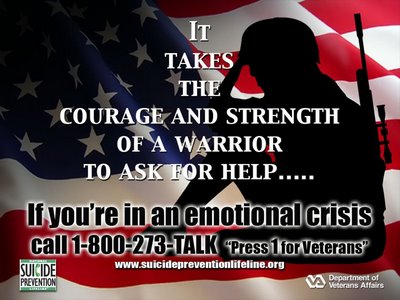“Our son was taking his medicine when, all of the sudden, he started showing signs that he was slipping and becoming ill again. My first thought was: ‘He’s stopped taking his medication.’ That’s what his psychiatrist thought too. But it was something else entirely.”
This email from a concerned mother is one of several that I’ve received about a problem that may impact individuals who have been diagnosed with a mental disorder and take anti-psychotic medication.








